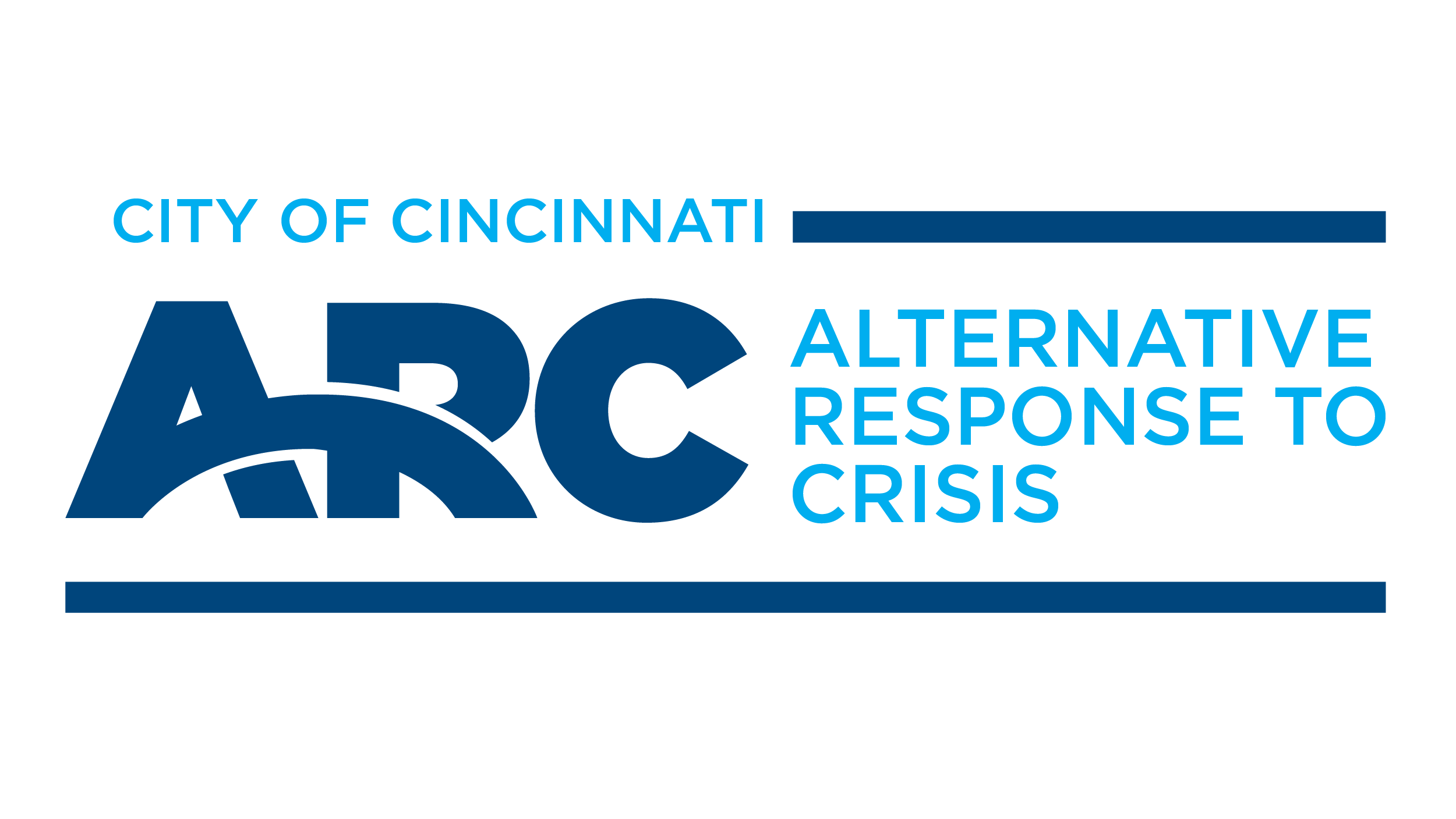Alternative Response to Crisis (ARC) Program Announcement
May 06, 2022

The Cincinnati Emergency Communications Center, ECC, will soon have a new public safety resource dedicated to addressing mental health crises in our community.
When citizens call 911, the ECC has historically had three dispatchable tools: the police department, the fire department, and parking enforcement. When calls come in that don’t clearly align with those three services, the police have often been the default resource sent to address the issue.
Many of these are calls involve mental health, homelessness, and poverty crises. To better address these needs in our community, the ECC is adding a new public safety resource, the Alternative Response to Crisis, ARC.
The ARC program includes three components; certifying all 911 staff in Mental Health First Aid and Crisis Intervention by the end of 2022, partnering with the Talbert House Crisis Call Center, and piloting an Alternative Response to Crisis team to be dispatched to low-risk mental health calls, in lieu of a police response.
The pilot ARC team will be comprised of one licensed Behavioral Health Clinician and one paramedic, who will be trained in de-escalation, medical assessment, and crisis intervention. They can be utilized for low-risk calls related to mental-health, depression, homelessness, substance abuse, or other community crises. The team will also be able to transport, offer connections to community resources, and provide basic needs like food, water, and clothing.
“With this program, we are pushing past the status quo to make sure that those in need of urgent help get the kind of help they need, and that our police officers’ time and resources are spent keeping Cincinnatians safe from violence,” Mayor Aftab Pureval said.
 The response team will not be working 24/7 during the six-month pilot program. The pilot’s main goal is to measure success and determine where and when it is needed to inform decisions about continuing and expanding the program.
The response team will not be working 24/7 during the six-month pilot program. The pilot’s main goal is to measure success and determine where and when it is needed to inform decisions about continuing and expanding the program.
“Despite good intentions on the part of 911 to get help to someone, sometimes the wrong type of help can cause a situation to escalate unnecessarily,” Emergency Communications Center Director Bill Vedra said. “This will be an enormous step in the right direction with a new resource that will help 911 and help callers in crisis.”
When a mental health crisis call does not warrant the dispatch of the ARC team or police, the ECC will be leaning on its partnership with the Talbert House and their “281-CARE” crisis call center, who are also the Cincinnati answering point for the National Suicide Prevention Hotline. In July 2022, a three-digit number, “988,” will be rolled out as the national three-digit code for the Suicide Prevention Hotline.
Currently, if a call to the Talbert House crisis line escalates, the crisis line counselor can engage with 911, and the ECC is able to initiate an urgent public safety response and rescue for that caller. In expanding this partnership, the ECC will develop a procedure to utilize the help of Talbert House crisis counselors for calls to 911 related to mental health when the caller does not pose a current risk to themselves and would not benefit from a dispatchable response, or to help deescalate a suicidal caller as 911 staff locate and dispatch appropriate rescue services.
“Our mission at 911 has always been to get help to those who need it. The ARC program will enhance our core mission with new tools in our toolbox, to get people the most appropriate help and the best outcome possible,” ECC Director Bill Vedra said.
Information Updates
For the latest information, follow the Cincinnati ECC at
@Cincy911 on Facebook and Twitter
https://www.cincinnati-oh.gov/ecc/
